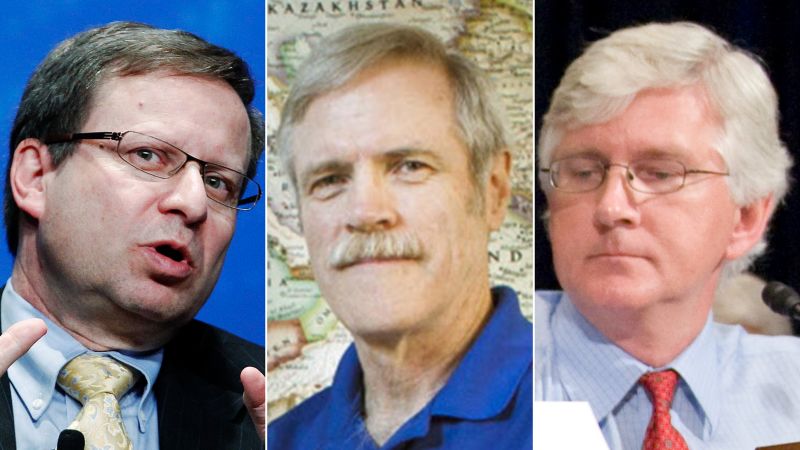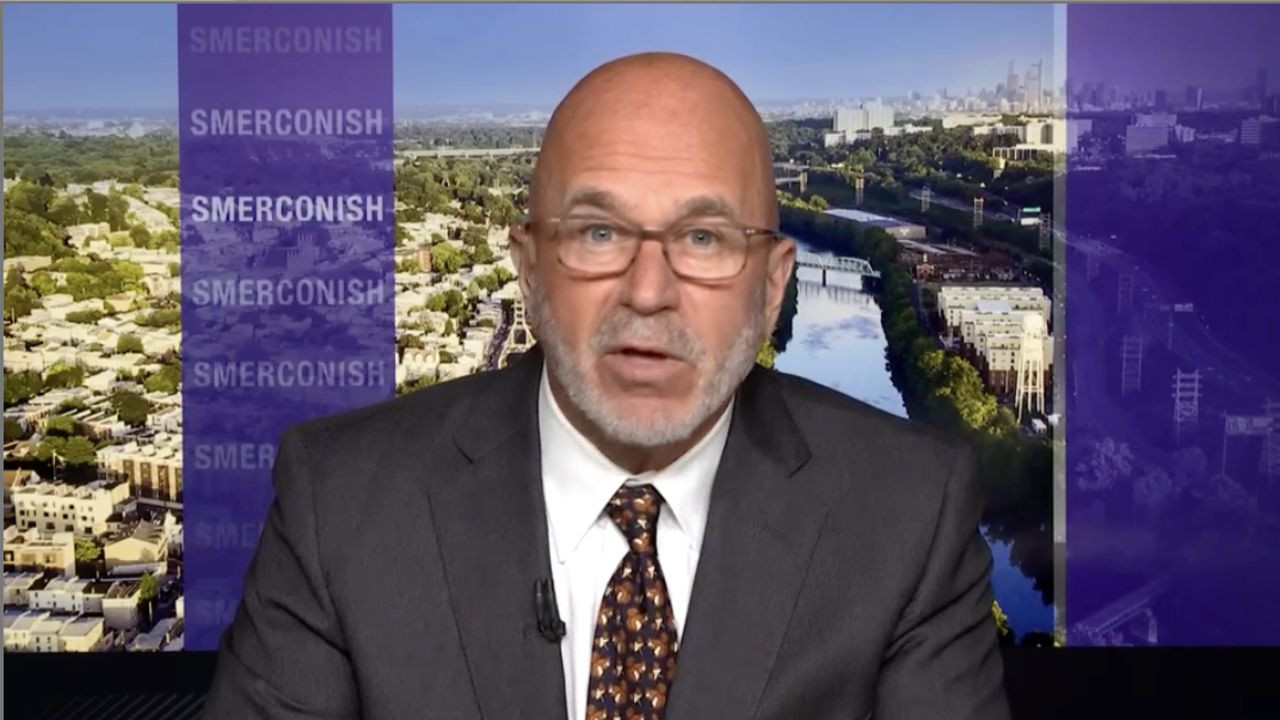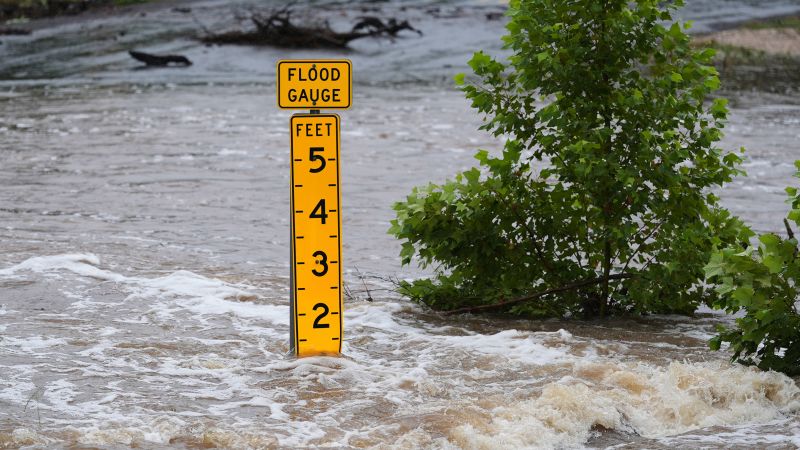Trump Administration Hires Climate Change Skeptics, Raising Concerns Among Scientists

The Trump administration has recently appointed three prominent researchers known for their skepticism of the scientific consensus on human-caused climate change, sparking concern among the scientific community. These appointments have been made within the Energy Department, which is currently headed by Secretary Chris Wright, a former executive in the oil and gas industry.
The researchers in question are John Christy and Roy Spencer, both affiliated with the University of Alabama at Huntsville, and Steven E. Koonin from Stanford University’s Hoover Institution. Koonin, who has a history with the Department of Energy (DOE) during the Obama administration and previously worked for BP, has been a vocal advocate for a “red team” approach to climate science, promoting public debates on the topic. However, such initiatives were previously blocked by White House advisors.
Background and Roles
The hirings, initially reported by the New York Times and confirmed by CNN, list Koonin as a “special government employee,” Christy as an “expert,” and Spencer as a “consultant” within the Energy Department. These roles fall under the office of Energy Secretary Wright, according to an internal source. The Energy Department has not yet commented on the specifics of their roles or the duration of their appointments.
Christy, in an email to CNN, stated he was not on the DOE payroll but was available to assist as needed. Koonin, a theoretical physicist, is also the author of the book “Unsettled: What Climate Science Tells Us, What It Doesn’t, and Why It Matters,” which questions mainstream climate science.
Policy Implications and Scientific Concerns
This development occurs as the Trump administration works to overturn a 2009 federal finding that identifies planet-warming pollution as a threat to public welfare. This finding supports various regulations aimed at reducing pollution, with the Environmental Protection Agency spearheading the effort, potentially involving the DOE.
Additionally, the administration has proposed significant cuts to climate science research funding, including attempts to eliminate the National Oceanic and Atmospheric Administration’s research activities. The Energy Department, known for employing numerous climate scientists and housing powerful supercomputers for climate modeling, is a critical player in this landscape.
“Hiring Koonin, Spencer, and Christy is not just irregular, it’s a recognition that none of the normal channels would not give them the answer they want,” said Andrew Dessler, a climate scientist at Texas A&M University.
Expert Opinions and Broader Context
Christy and Spencer have long argued that satellite data does not align with surface weather data trends, challenging mainstream scientific conclusions on global warming. Their involvement has raised concerns about the potential creation of an alternative National Climate Assessment, which could reflect fringe views on climate change.
Andrew Dessler further criticized the appointments, suggesting they reflect an attempt to achieve predetermined outcomes rather than seeking genuine scientific insight. He noted that the appointees are known for making value judgments and selectively using data to support their views.
Climate scientist Zeke Hausfather highlighted the minority status of such views within the scientific community. He emphasized the problematic nature of elevating fringe perspectives that lack broad scientific support.
“While Koonin and Christy are among the more reasonable climate contrarians, they represent a tiny minority view representing perhaps 1% or less of climate scientists,” Hausfather told CNN.
Looking Ahead
The appointments of Christy, Spencer, and Koonin signal a potential shift in how the Energy Department may approach climate science under the Trump administration. The scientific community remains watchful, concerned about the implications for future climate assessments and policy decisions.
As the administration continues its efforts to reshape climate policy, the roles and influence of these newly appointed figures will be closely monitored by both policymakers and scientists. The broader impact of their work on national and international climate efforts remains to be seen.






